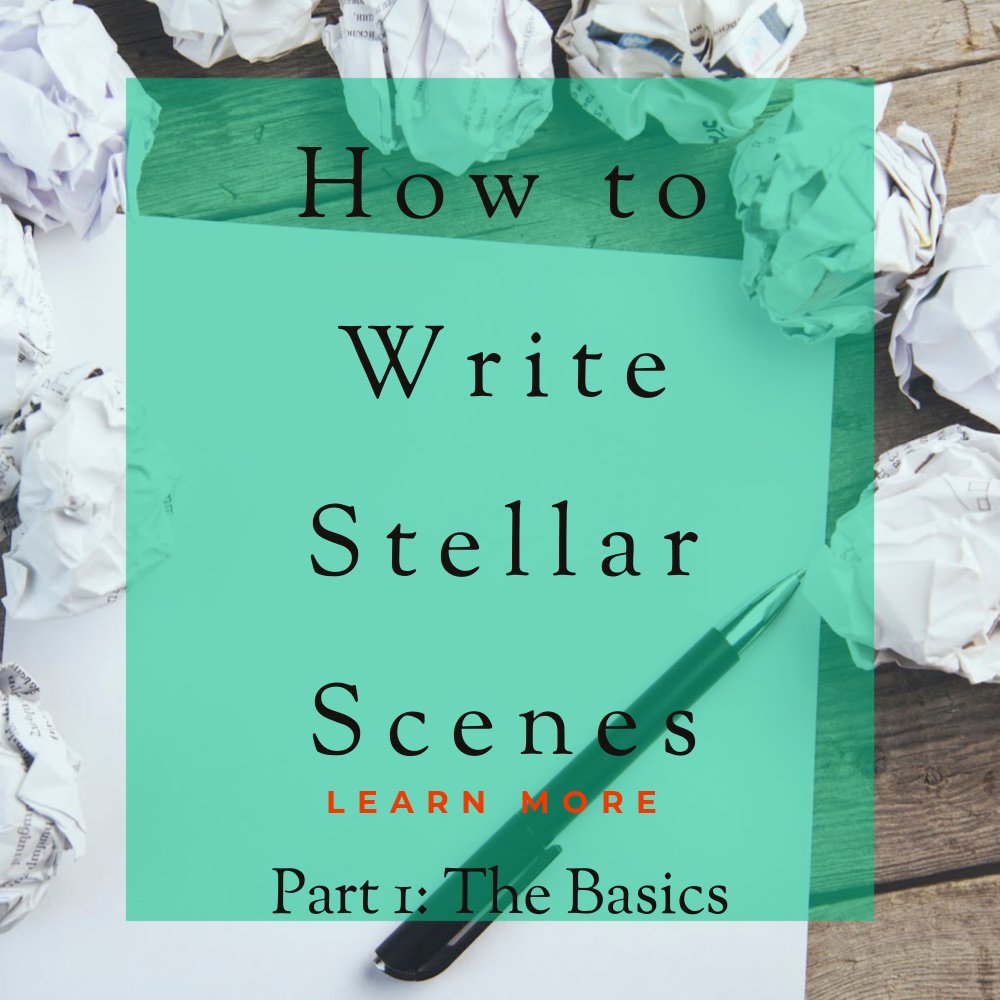








Writing Stellar Scenes: Part 3—Setting
Every scene has to happen somewhere. Sometimes the setting is obvious. In other cases, it’s harder to choose the perfect setting for your scene. Here are tips you can use to choose scene settings for your novel.

Writing Stellar Scenes: Part 2—Point of View.
The first step to writing great scenes is picking the right point of view character. Point of view is more than a technical choice, it determines how you tackle descriptions and how characters will react to each situation. Let’s dive in to three essential questions you need to ask yourself when choosing a POV character for your scene.


The secret to mastering “show, don’t tell” in fiction.
Stuck trying to master “show, don’t tell”? Maybe it’s time to rethink the entire conversation. Here’s a technique that will change the way you think about your writing and make “show, don’t tell” second nature.

Dear Writer: Save the Cat Won’t Save You.
Story structure is key, but structure systems are a tool for writers to use, not an ironclad set of rules to apply indiscriminately. Used incorrectly, story structure systems can hamper your process and even keep you from writing. Read on to learn more about how you can use story structure systems responsibly.

Writing Advice Unpacked: Stick to One POV Character
Writing a novel means making decisions. One crucial choice you have to make: the point of view for your novel. Beginning writers are often told to choose one POV character, but that doesn’t work for all stories and genres. Read on to find out why you should or shouldn’t limit yourself to one POV character in your novel.

Writing Advice Unpacked: Kill Your Darlings, Not Your Story
“Kill your darlings.” Writers, editors, and agents love throwing that line out there. It’s an attention grabber. But what the heck does it actually mean? Read on to find out what this advice really means and when it does (or doesn’t) apply to your writing process.

Writing Advice Unpacked: Should You Start with a Character Waking Up?
Writing teachers love to speak in absolutes. Simple maxims help sell books or courses or workshops, but the truth is often more complicated. When it comes to beginnings, there are tons of rules to follow. Let’s unpack one: starting with a character waking up. Is it a iron-clad, never do that? Not quite. Read on to find out why.

How to chase your writing dreams without despair
I’m big on setting goals, but it’s important that your goals serve your writing process. If your goals are starting to make you feel defeated rather than inspired, then it’s time to change your approach.

Beyond Word Count: Five metrics to spice up your writing goals.
Word count gets all the glory when it comes to setting writing goals. But what about other stages of the writing process? Here are some alternatives to meet all your writing goal needs.

Be Inconsistent: Using Flexible Goal Setting to Rock Your Writing Goals
Tired of trying and failing to create a daily writing habit every January? Try something new. Don’t write every day. You just might surprise yourself.

Real Talk: You Do Not Need to Write Every Day
Do you really need to write every day to be a “real” writer? Nope. Not at all. In fact, here are three reasons you shouldn’t write every day.